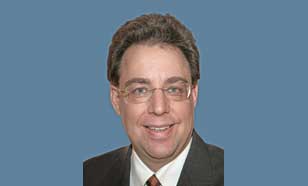Consider two lawyers. The first is Jane, who has operated a solo law firm for the past 20 years. Jane limits her practice to bankruptcy and family law matters. In order to take more time off and travel with her husband, Jane wants to limit her practice to bankruptcy and sell her family law practice. The second is Jane’s husband and law school classmate John, a partner in a midsized firm for the past 20 years. John also handles bankruptcy and family law matters. In order to spend more time with Jane, John will also limit his practice to bankruptcy matters and allow the other attorneys in his firm to handle the family law cases.
John will literally have to do nothing to continue his practice. His firm’s partnership agreement addresses the manner in which fees on cases John has originated (been the source of) are allocated to him. Before Oct. 23, Jane’s choices were limited, and she could have been forced either to retire or to wink at Pennsylvania Rule of Professional Conduct 1.17 in order to close her family law practice.
This content has been archived. It is available through our partners, LexisNexis® and Bloomberg Law.
To view this content, please continue to their sites.
Not a Lexis Subscriber?
Subscribe Now
Not a Bloomberg Law Subscriber?
Subscribe Now
LexisNexis® and Bloomberg Law are third party online distributors of the broad collection of current and archived versions of ALM's legal news publications. LexisNexis® and Bloomberg Law customers are able to access and use ALM's content, including content from the National Law Journal, The American Lawyer, Legaltech News, The New York Law Journal, and Corporate Counsel, as well as other sources of legal information.
For questions call 1-877-256-2472 or contact us at [email protected]



